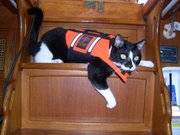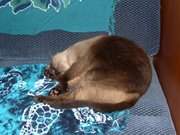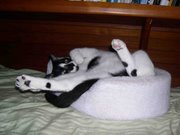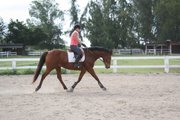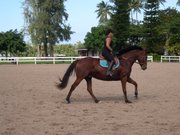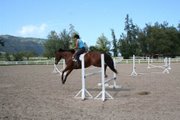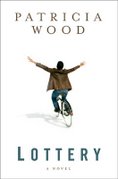How do you take your own picture underwater? My dive buddy, Will, took this and I returned the favor. We were diving the Flower Garden Banks in the Gulf of Mexico --participating in a teacher workshop called Down Under Out Yonder.
Someday I hope to reconnect with the wonderful people I met there.
So how do you see your own writing through another writer's eyes? How do you see another author's work? Do you disparage? Are you in awe?
What is it like having a mentor?
Do you have a mentor?
Tell me about it.

1:30 pm and 79 degrees. This is Monday's post a day early!
I want to tell you about a book.
"Sir Vidia's Shadow" by Paul Theroux. It's the story of a thirty year long friend ship and mentoring relationship. A fascinating glimpse into the minds of two very different and accomplished writers. The angst. The pain of creation. The doubt. I was compelled to finish it once I started; as a writer myself, I learned much about my own journey while reading this book. I recommend it highly.
After I finished reading it, I became analytical about my own relationship with Paul and others who have been generous enough to guide me.
So how did I meet Paul Theroux? I hear you ask.
Well you might call it serendipitous chance, and being the right person at the right time in the right place. All the stars were aligned.It was meant to be.
A phone call. "Can you give Paul Theroux and his wife horseback riding lessons?" a mutual acquaintance asked.
Of course, I could. A friendship grew. Events conspired. Paul found out I wrote and offered to read my manuscript. I was in agony, but handed it over anyway. He told me he enjoyed it and offered his suggestions for improvement (your narrative goes too fast through the last half of the book) and let me know my strengths (your writing is vivid, distinctive and you have wonderful story ideas).
He recommended readings (Maugham, Conrad, Greene, Simenon). Note: even after 44 books, he continues reading, thinking about writing, studying technique. Analyzing.
When told him I had an idea -- what I thought was a unique premise and described my vision -- he told me to stop work on everything else and immediately write that book, then give it to him when I was finished.
When Paul read the original draft of Lottery he said, "This will be your first book published."
It appears he was right. He rejoiced with me when I found representation and was thrilled when Lottery was sold.
So, what do we do now?
We talk about writing. I email him when I read something interesting -- especially when he is in someplace exotic like Siberia -- where he is now.
He provokes me to think, pushes me to write, and have confidence in what I produce.
He does not demean genre. He does not disparage. He finds good things and talks about them.
But it is mostly up to me. He will point out a sentence he especially likes, suggest I transform a narrative into dialogue or tell me about an article he is currently writing or has published.
He is the hardest working writer I know.
When I peruse blogs and read about disappointing critique sessions or writers' groups that are adversarial, I think of what I have, and am gratified an author of this caliber has taken the time to give me a helping hand.
Did he recommend me to his agent?
No.
Did he suggest an agent?
No.
Did he encourage me to find representation?
Yes.
Mentoring is not pulling you up by the bootstraps. It is a touch. A suggestion. It is teaching you to fish, rather than handing you a meal.
So. What goes around comes around.
When I find myself in a position to help another writer?
I will.
Because that's how it works.
























